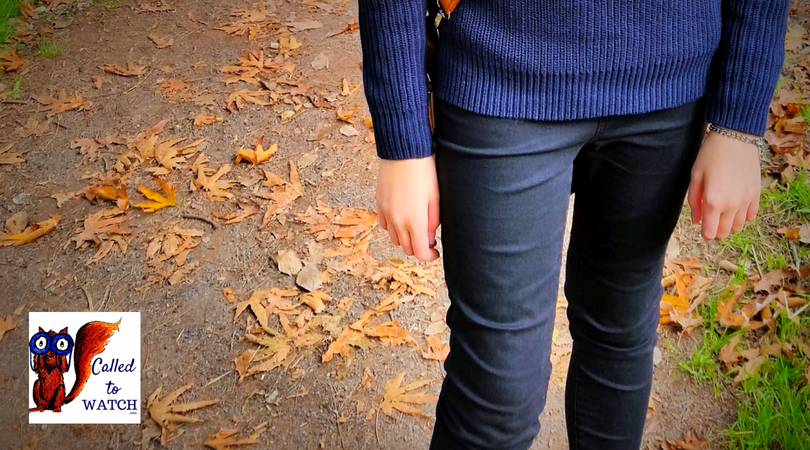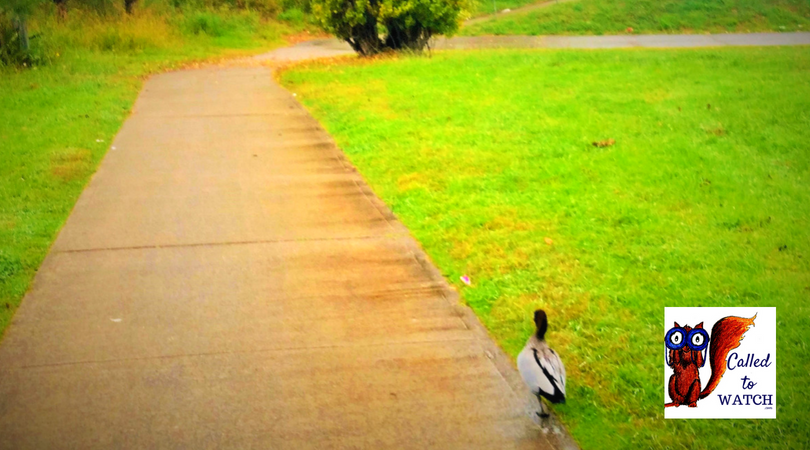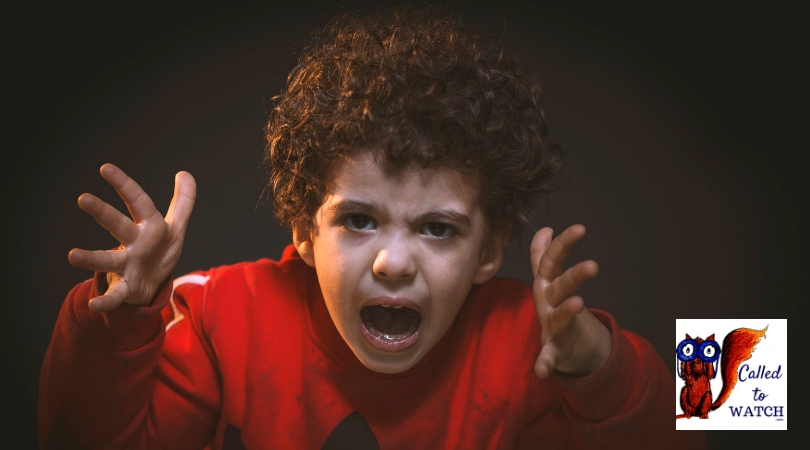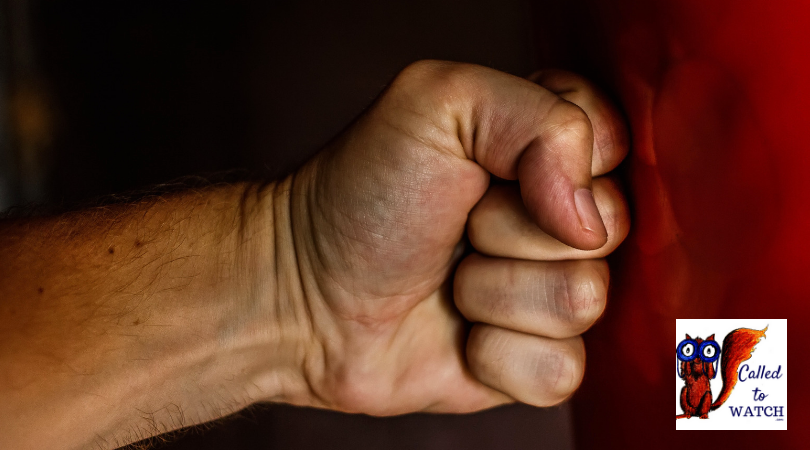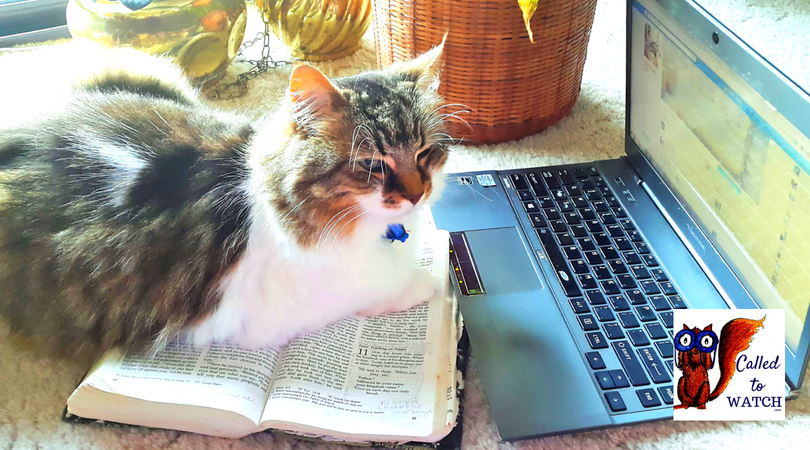But what happens when it’s my chronically ill family member or friend who has hurt me?
Am I allowed to rebuke them?
And is it right to tell other people?
Q1. Are we allowed to yell at someone who is sick?
Anger brings a delicious freedom.
It allows us to feel that we are “within our rights” (whatever that means!) to say exactly what we think.
It seems to give us license to bring up past issues, to tell someone exactly what we think about them, what they ought to do (or not do), and precisely how much they have inconvenienced us.
My friends, if that is the sort of rebuking we want to do to our chronically ill family member, then the answer is no.
No, we should not rebuke them – because we shouldn’t rebuke anyone like that! It’s not loving.
On the other hand, if by rebuking we mean simply telling them that we are hurt because of them – then the answer is ‘perhaps’.
Continue reading “Why we need to tell our chronically ill friend the truth (even if it hurts)”



